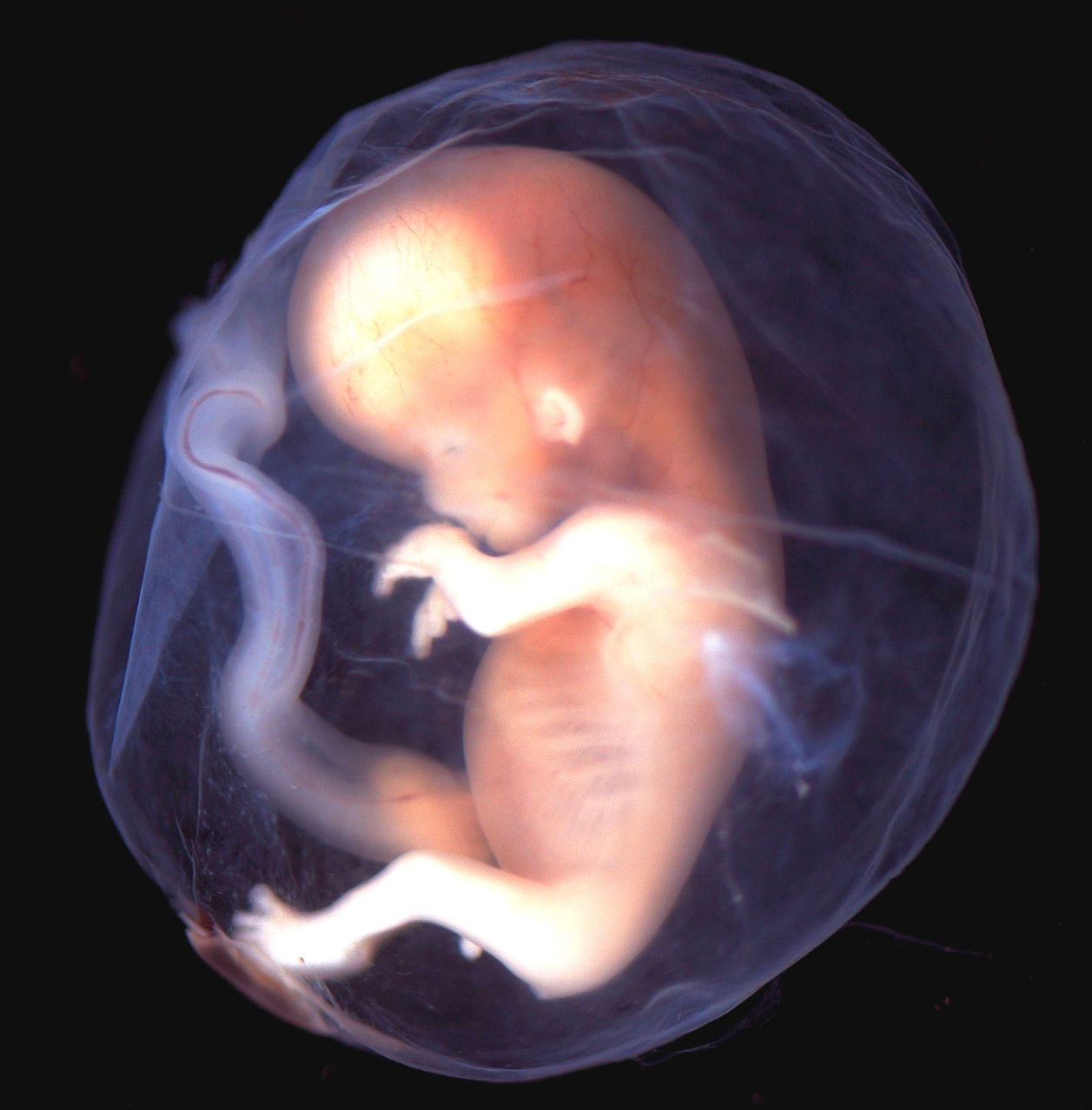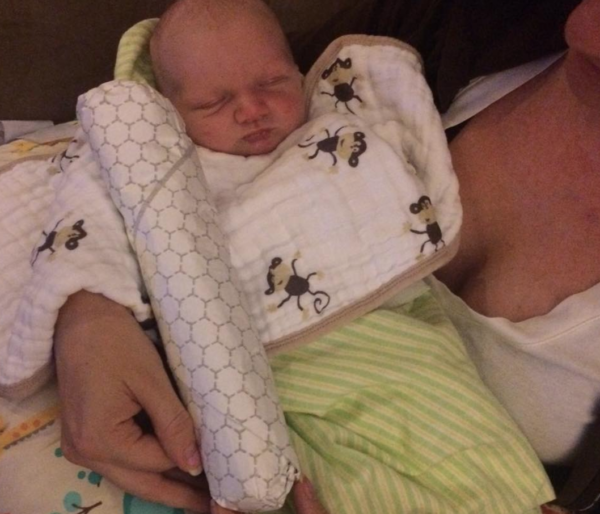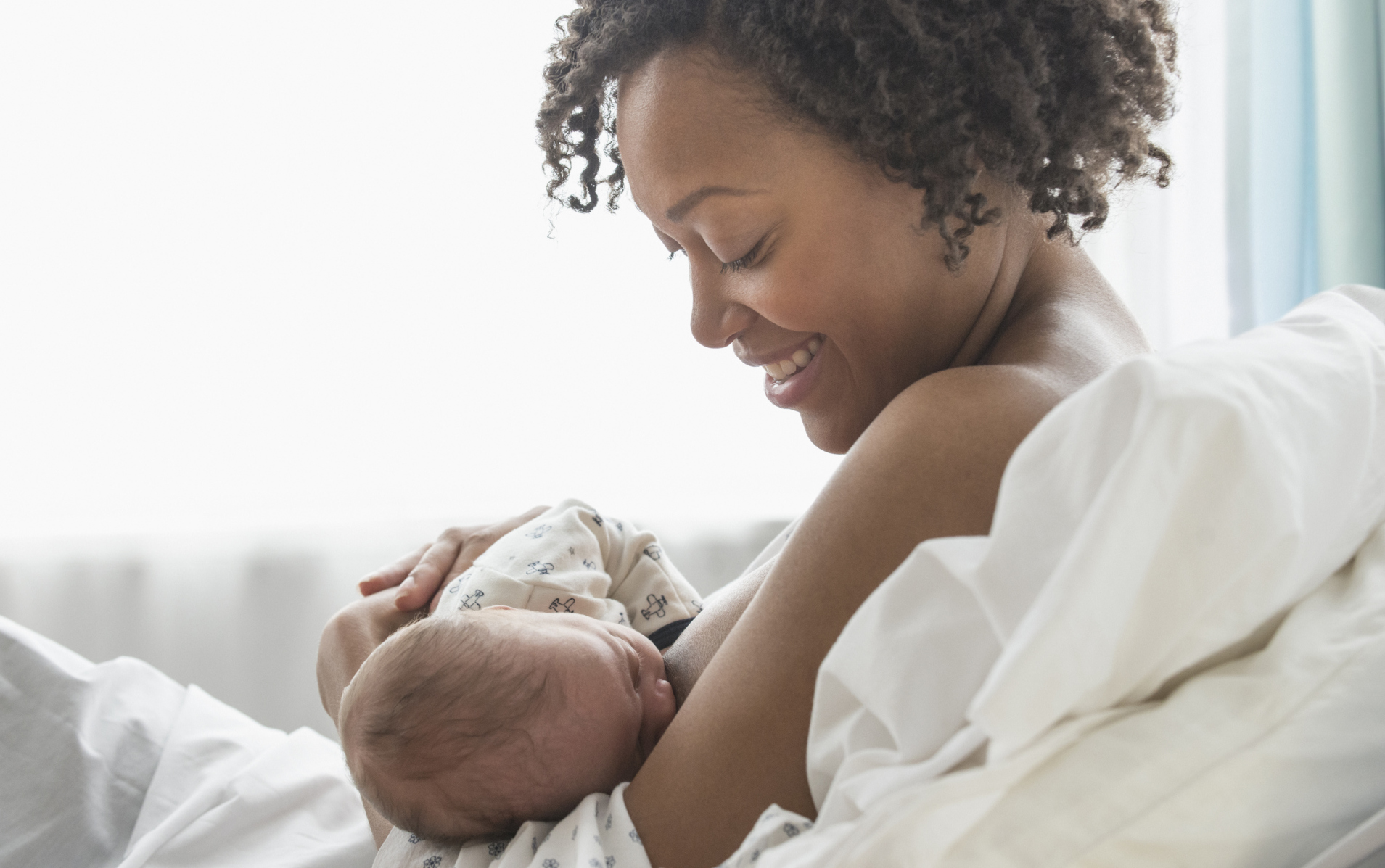What is embryo donation, you ask? It’s a fertility method you should know more about.
For those who are having a hard time getting pregnant, there are many fertility treatment options to consider. But what do you do after all of your efforts have failed and still not child? There is always the route of IVF (in-vitro fertilization), sperm donation, or egg donation, but when all these fail, it may be time to consider embryo donation.
Embryo donation isn’t just the donation of either sperm or an egg — it’s a donation of BOTH. It is usually done in cases when both the man and woman are infertile, or if a single woman with unusable eggs desires to get pregnant. Embryo donations are both the sperm and the egg combination, which increases the chance of conceiving.
Who should consider embryo donation? Anyone who:
- Has no ovaries (removed surgically)
- Produces low-quality eggs
- Produces no eggs
- Have an inherited condition that causes infertility, undergone menopause, cancer treatment, or surgery
- Is in their 40s
- Is at risk of passing on an inherited disorder
- Has tried IVF and been unsuccessful
In most countries, there is no payment to embryo donors. Most embryo donors are simply couples who are happy to help others, and who freely donate their egg and sperm for the purpose of helping someone else conceive. The recipient may agree to cover the medical costs of the treatment, but there is no payment for the donation itself.
Before anyone can donate their eggs or sperm, they must undergo medical screening to determine if they have infectious diseases like Hepatitis B or C or HIV. Doctors will also check for genetic conditions that could be passed on. Most embryo donors are under the age of 36.

READ MORE: Genetically Modified Human Embryos: What You Need to Know
The good news is that most embryo donors are matched as closely as possible with the recipient of their embryo. Clinics will try to find a couple that has similar eye color, hair color, interests, occupation, and even facial structure to the recipient.
A large number of embryo donations come from couples who have undergone IVF treatment. The IVF process often produces multiple embryos, not all of which are needed to successfully impregnate the woman. If there are extra embryos, the fertility clinic will offer the option of donation the embryos to someone else. Due to the fact that embryos can only be kept in storage for 10 years, the couple is given a certain amount of time to decide what they want to do with those embryos. If they agree they’re finished trying to have children, they may opt to pass the embryos on to another couple or single woman.
How successful is embryo donation? There is a 25-40% chance that egg/embryo donation will be successful, though the success rate depends on the state of the embryos. Frozen embryos have a 33% success rate, while fresh embryos have a bit higher–34%. Compare that to the success rate of IVF treatments, and you’ll see that they’re both roughly as effective. This means there is a very good chance the embryo will take, and you will be able to get pregnant.
The downside to embryo donation is that it can be quite a long process. The fact that there are so few embryo donors means that it’s difficult to find the embryo to match you. It’s not common to use embryos from out of the country, but it can be done–albeit at a very high cost and with a lot of legal hassle. It’s important you understand everything that goes into embryo donation before making the decision to undertake it!








